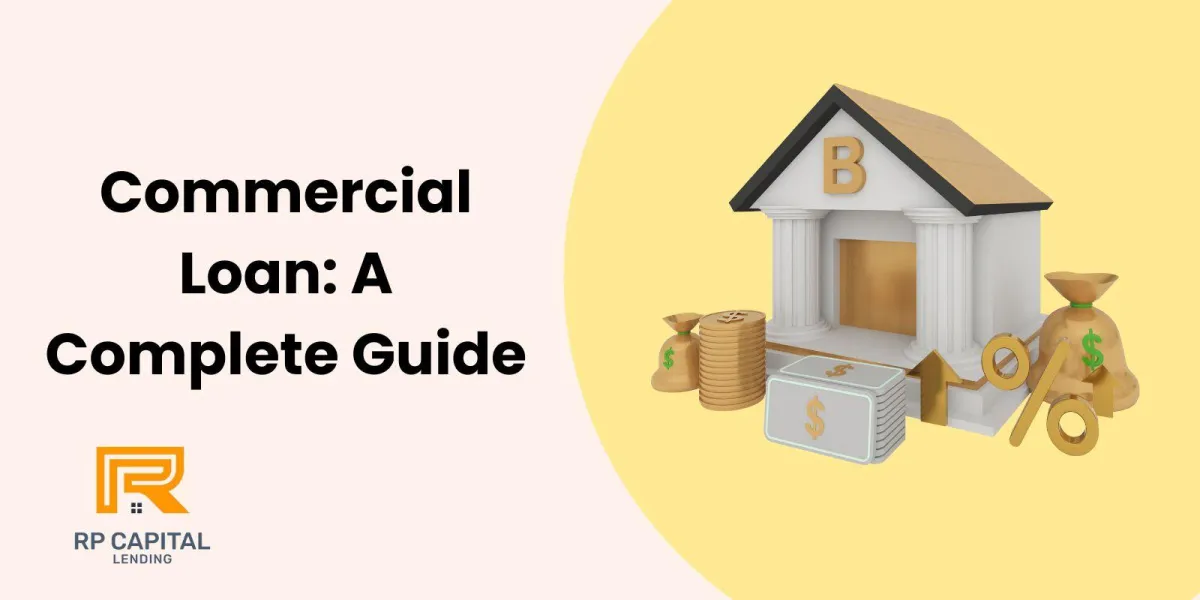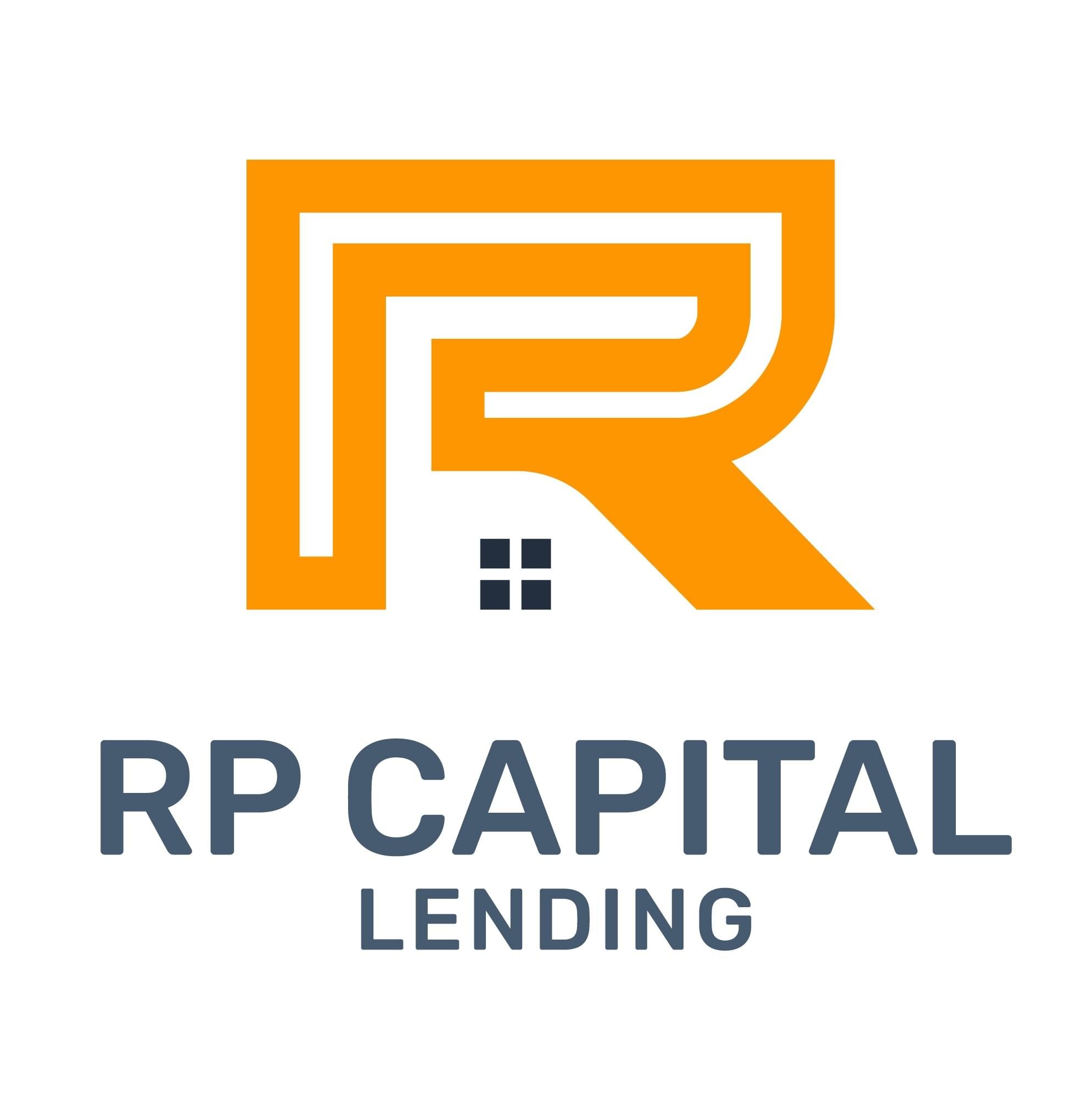Blog

The Ultimate Guide to Commercial Loans in the US | Types, Tips, and FAQs
Commercial Loan: A Complete Guide
In the world of business, growth and expansion often require a substantial infusion of capital. This is where commercial loans come into play. Whether you're looking to start a new venture, expand an existing one, or address unexpected financial challenges, understanding the nuances of commercial loans can be crucial to your business's success. In this comprehensive guide, we'll walk you through everything you need to know about commercial loans in the United States, from the basics to advanced strategies for securing the best financing options.
What is a Commercial Loan?
A commercial loan is a financial product designed to provide businesses with the capital they need to operate, expand, or invest. Unlike personal loans, which are tailored for individual use, commercial loans are specifically meant for business purposes. These loans can be used for various business needs, including:
Working capital: To cover day-to-day expenses like payroll and inventory.
Equipment purchase: For acquiring machinery, vehicles, or technology.
Expansion: To open new locations, renovate existing ones, or launch new products/services.
Real estate: For purchasing, refinancing, or developing commercial properties.
Debt consolidation: To merge multiple debts into one manageable payment.
Types of Commercial Loans
1. Term Loans
Term loans are the most common type of commercial loan. They come with a fixed or variable interest rate, a set repayment term, and regular monthly payments. These loans are suitable for various business needs and are often used for long-term investments.
2. SBA Loans
Small Business Administration (SBA) loans are government-backed loans that provide favorable terms to small businesses. They are known for their low-interest rates and longer repayment periods, making them an attractive option for entrepreneurs.
3. Commercial Real Estate Loans
Commercial real estate loans are specifically tailored for purchasing, refinancing, or developing commercial properties. These loans come with varying terms and interest rates, depending on the property and the lender.
How to Qualify for a Commercial Loan
Qualifying for a commercial loan can be a rigorous process. Lenders assess various factors to determine your eligibility, including:
1. Credit Score
Your personal and business credit scores play a crucial role in your loan application. Lenders use them to assess your creditworthiness and risk. A higher credit score increases your chances of approval and favorable terms.
2. Business Plan
A well-thought-out business plan is essential. It should outline your business's goals, strategies, financial projections, and how you intend to use the loan. A strong business plan demonstrates your commitment and ability to repay the loan.
3. Collateral
Lenders may require collateral to secure the loan. Collateral can be business assets, real estate, or personal assets. It serves as a safety net for the lender in case of default.
The Application Process
1. Required Documents
When applying for a commercial loan, you'll need to prepare various documents, including:
Business financial statements
Personal financial statements
Business tax returns
Business licenses and permits
Business debt schedule
Legal documents (e.g., contracts, leases)
2. Choosing a Lender
Selecting the right lender is critical. Research and compare lenders' terms, interest rates, and reputations. Some businesses may benefit from traditional banks, while others might find online lenders or credit unions more suitable.
Interest Rates and Fees
Understanding interest rates and fees is crucial when evaluating loan offers. Here are some key points to consider:
1. Fixed vs. Variable Rates
Fixed-rate loans offer predictable monthly payments, while variable-rate loans can fluctuate with market conditions. The choice between them depends on your risk tolerance and market expectations.
2. Common Fees
Commercial loans often come with fees such as origination fees, application fees, and prepayment penalties. Be sure to factor these into your overall loan cost.
Repayment Terms
Amortization
Amortization refers to how your loan is paid off over time. Some loans have equal monthly payments, while others may have balloon payments, where a significant portion is paid at the end of the term. Understand the repayment structure before committing.
Pros and Cons of Commercial Loans
Pros:
Access to capital for business growth
Tax benefits on interest payments
Competitive interest rates for qualified borrowers
Flexibility in loan purpose and terms
Cons:
Rigorous application process
Potential collateral requirement
Risk of business debt
Impact on cash flow
Commercial Loan FAQs
Q1: How much can I borrow with a commercial loan?
The amount you can borrow varies based on factors like your business's financial health, creditworthiness, and the lender's policies. Typically, businesses can secure loans ranging from $5,000 to several million dollars.
Q2: How long does the commercial loan approval process take?
The approval process can vary widely. It may take a few weeks for simpler loans or several months for more complex ones. Being well-prepared with all required documents can expedite the process.
Q3: Can I get a commercial loan with bad credit?
While it's challenging to secure a commercial loan with bad credit, some lenders specialize in working with businesses facing credit challenges. Be prepared for higher interest rates and stricter terms in such cases.
Tips for a Successful Commercial Loan Application
1. Prepare a strong business plan: Clearly outline your business's purpose, growth strategy, and financial projections.
2. Check your credit: Review and improve your personal and business credit scores before applying.
3. Gather required documents: Ensure you have all necessary financial and legal documents in order.
4. Compare lenders: Research and choose a lender that aligns with your business needs.
5. Seek professional advice: Consult with financial advisors or attorneys for guidance during the application process.
Conclusion
A commercial loan can be a powerful tool for achieving your business goals, but it's essential to approach the process with careful planning and consideration. By understanding the types of loans available, the qualification requirements, and the application process, you can navigate the world of commercial loans with confidence. Remember to weigh the pros and cons, compare lenders, and seek professional guidance to make informed decisions that will benefit your business in the long run. With the right approach, a well-structured commercial loan can be a stepping stone to your business's success.
RP Capital Lending is a d.b.a of RP Capital Partners Inc (NMLS # 2469193) | Privacy Policy
Copyright © 2022. All Rights Reserved.
Disclaimer: Loans only apply to non-owner occupied properties. Rates, terms and conditions offered only to qualified borrowers, may vary upon loan product, deal structure, other applicable considerations, and are subject to change at any time without notice.

